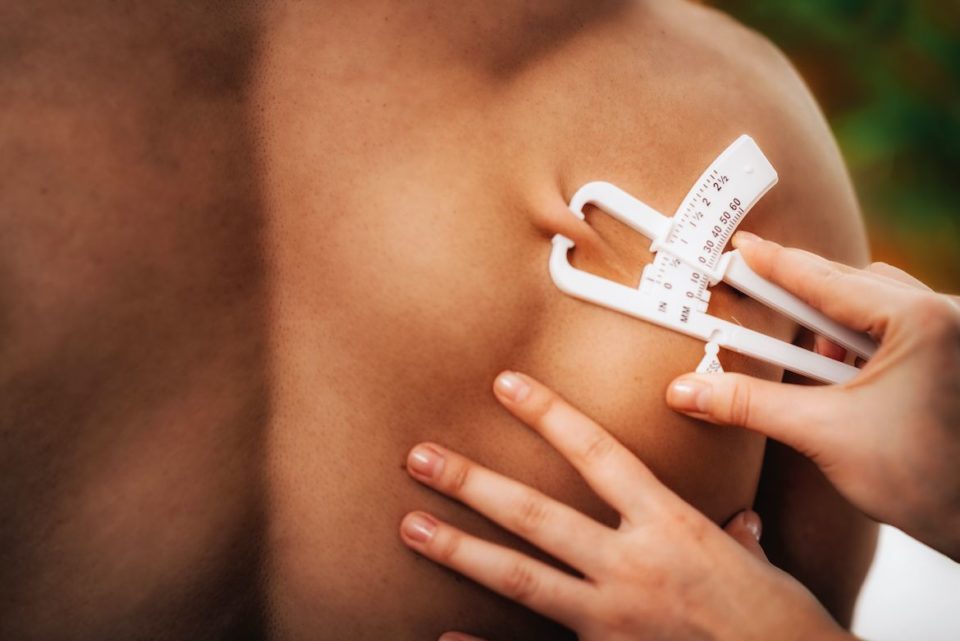Body fatness is one of the major concerns of people these days. Deal with it is not everyone’s cup of tea. You may wonder how to check the amount of fatness the body
contains. Body fatness can be evaluated by a wide variety of techniques; this section will address only the most common ones. It will start by excluding some, then recommending others.
The mirror test, in which you stand naked in front of a full-length mirror, requires strict objectivity to discern what is too fat and what is too thin. One recommended way to analyze body composition is underwater weighing, also known as hydrostatic weighing, which measures body density or the tendency of a person to sink in water. With this technique, your weight is measured on land with a calibrated scale and again when you are completely submerged in water.
The idea is that because fat tends to float, a lean person will weigh more underwater than a fat person of the same weight will. For example, while measuring the underwater weight of two people, each weighing 200 pounds, the person with the lower body density would weigh less.
On the basis of the land and underwater weights, the density and relative fatness of the body is calculated. This technique is accurate but time-consuming, and doing it correctly requires special equipment and personnel. This makes it an expensive way to determine body fatness, and it is not commonly used.
The most common method of evaluating body composition is by measuring the thickness of several skin folds. Because a large amount of total body fat is located just under the skin, overall body fatness can be estimated by estimating that fat. You will know that your fat levels are changing when you notice that your clothes fit differently.
If you are following a good fitness program, you have probably had your percent fat estimated by underwater weighing or skin fold measurements. If you are not in a fitness program and want to determine your percent fat and how much you should lose or gain, check with a fitness program or personal fitness trainer in your area.
Distribution of Body Fat:
Apple-shaped obesity and Pear shaped obesity are usually the two types of obesity. In the first type, body fat is stored in the trunk area of an individual whereas, in the second type of obesity, body fat is accumulated on the buttocks and hips. Pear-shaped obese people are less prone to diabetes and heart-related diseases as compared to apple-shaped obese people. Through Waist to hip ratio measurement, you may get to know which type of obesity you belong to.
Target Weight:
We encourage you to have your percent fat determined by underwater weighing or by skin fold site measurements by fitness professionals. You can then determine your desired weight using that estimated percent fat. This is a better way of deciding your optimal weight than simply using a height/weight chart because this method is based on how much fat you should have.

